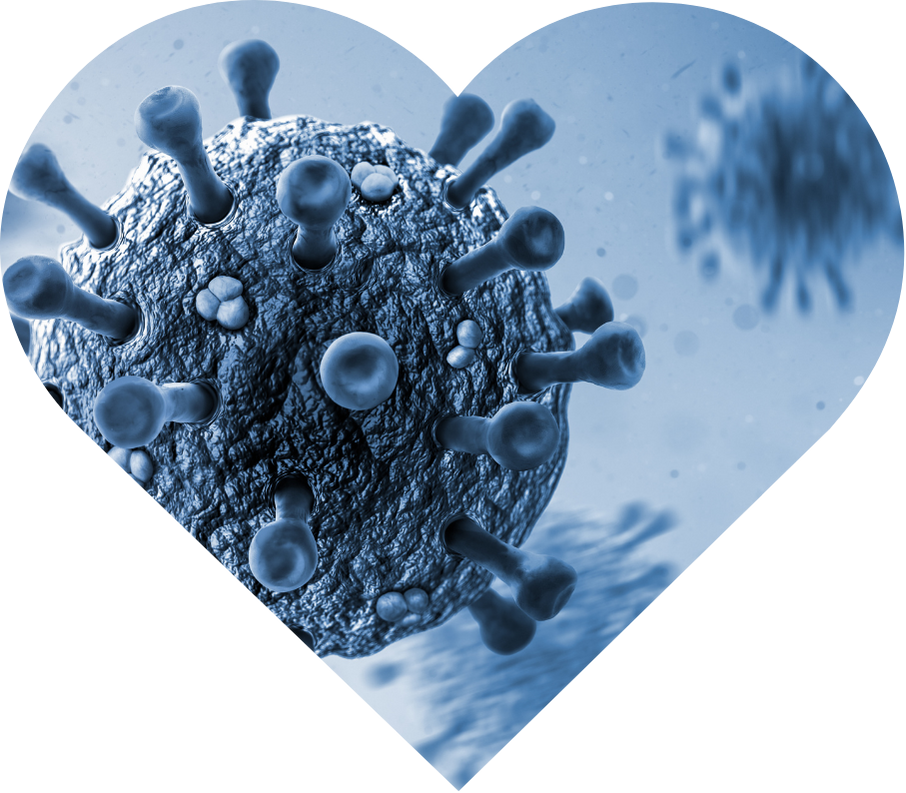Imagine your immune system as a high-performance team: zinc is the conductor coordinating the processes, while vitamin C is the shield defending against free radicals. Both work quietly but crucially—especially when pressure and pace increase. But do you need them daily as supplements, or is smart eating enough? This question separates marketing from science—and determines energy, recovery, and performance.
Zinc is an essential trace element that activates hundreds of enzymes and regulates communication among immune cells. It promotes the formation of interferons, the "early warning signals" against viruses, and stabilizes DNA repair—relevant for longevity and quick recovery. Vitamin C (ascorbic acid) is a water-soluble antioxidant and cofactor in collagen synthesis. It indirectly protects cell membranes, supports the function of keratinocytesskin cells of the outermost layer, modulates immune responses, and is exclusively available to humans through diet. Important: Nutrient interactions matter. Zinc can affect the absorption of other minerals like iron, and very high doses of vitamin C can burden oxalate metabolism. For high performers, this means targeted intake yes—but systematically rather than "more is better."
Adequate zinc supply stabilizes innate defense mechanisms and the antiviral interferon response. With vegetarian and vegan diets, the risk of low zinc levels increases; in studies, oral zinc supplementation normalized a weakened interferon-α response— a direct lever for better virus defense and shorter downtime [1]. In aging or unbalanced diets, zinc deficiency exacerbates immune weakness; adequate zinc intake supports a robust, pro-inflammatory Th1 response that lowers infection risks [2] [3] [4]. Vitamin C protects the skin as a barrier organ, promotes the differentiation of keratinocytes, and reduces UV-induced oxidative stress—relevant for regeneration and aesthetic skin quality [5]. At the same time, it acts as a redox buffer in the immune system; reviews see potential for infection prevention under stress, although clinical effects remain heterogeneous depending on the setting [6]. Limits: Very high vitamin C intake can cause gastrointestinal discomfort and—in rare cases—increase the risk of kidney stones due to oxalate formation [7]. High, long-term doses of zinc can interfere with iron absorption—impacting energy, oxygen transport, and performance [8].
An in vitro study utilized gut cell models to examine interactions between zinc, calcium, and iron: High zinc concentrations reduced net iron absorption, presumably through transporter regulation such as DMT1 and ferroportin. Practical relevance: High-dose zinc supplements over extended periods can promote latent iron deficiencies—unfavorable for endurance, cognitive sharpness, and recovery [8]. In a controlled human study, simultaneous zinc sulfate significantly reduced cephalexin levels; even three hours between zinc and the antibiotic beforehand still decreased the pharmacological levels, while zinc taken three hours after the antibiotic showed no relevant influence. The consequence for everyday life: Separate antibiotics and zinc in time—first the medication, then zinc after a gap [9]. A human experimental study with omnivores, vegetarians, and vegans demonstrated: Low zinc levels correlate with reduced IRF3 expression and a weakened interferon-α response to viral stimuli; short oral zinc supplementation normalized both markers. This mechanistically explains why zinc deficiency weakens virus defense—and provides a clear action lever for plant-based eaters [1].
- Integrate zinc sources daily: red meat in moderate amounts, eggs, and seafood for omnivores; lentils, chickpeas, beans, nuts, and seeds for plant-based eaters. Tip: Soaking/sprouting legumes reduces phytates and improves zinc bioavailability. This way, you can enhance immune performance in a practical manner [10] [11] [1].
- Plan vitamin C powerhouses per meal: bell peppers, broccoli, citrus fruits, kiwi, or berries. This supports collagen formation, skin protection, and antioxidant buffering—especially with high UV exposure or urban stress [5].
- Use vitamin C supplements strategically: During intense training phases, while traveling, in acute stress, or with sleep deficits, a time-limited supplementation can be sensible. Start low to moderate and evaluate effect and tolerance; the evidence is promising but not uniform—therefore, test individually instead of taking “blind” all the time [6].
- Avoid extremes: Very high vitamin C doses can trigger gastrointestinal discomfort and in rare cases promote kidney stones—stay in the moderate range and prioritize foods [7].
- Consider interactions: Do not take zinc simultaneously with cephalexin; if necessary, plan zinc intake at least three hours after the antibiotic dose to protect drug levels [9].
- Cycle zinc supplements: With plant-based nutrition or during cold seasons, utilize short, targeted phases and regularly monitor iron status and ferritin, as long-term high zinc intakes can impair iron absorption [8].
Zinc and vitamin C are not hype pills but two precise adjustment screws for immune protection, skin health, and performance—as long as you keep dosage, timing, and interactions in mind. Next steps: Incorporate vitamin C-rich vegetables/fruits daily, consciously choose zinc-rich foods, or supplement specifically in plant-based diets—while remaining moderate with supplements and respecting antibiotic intervals.
This health article was created with AI support and is intended to help people access current scientific health knowledge. It contributes to the democratization of science – however, it does not replace professional medical advice and may present individual details in a simplified or slightly inaccurate manner due to AI-generated content. HEARTPORT and its affiliates assume no liability for the accuracy, completeness, or applicability of the information provided.













